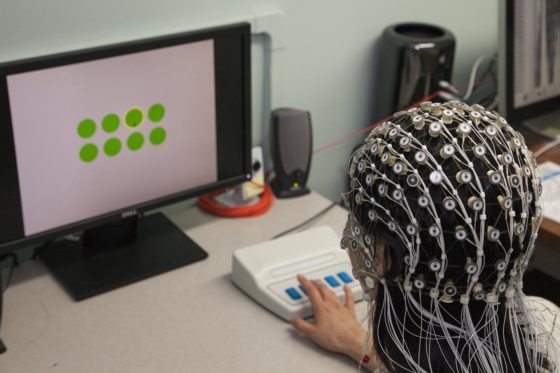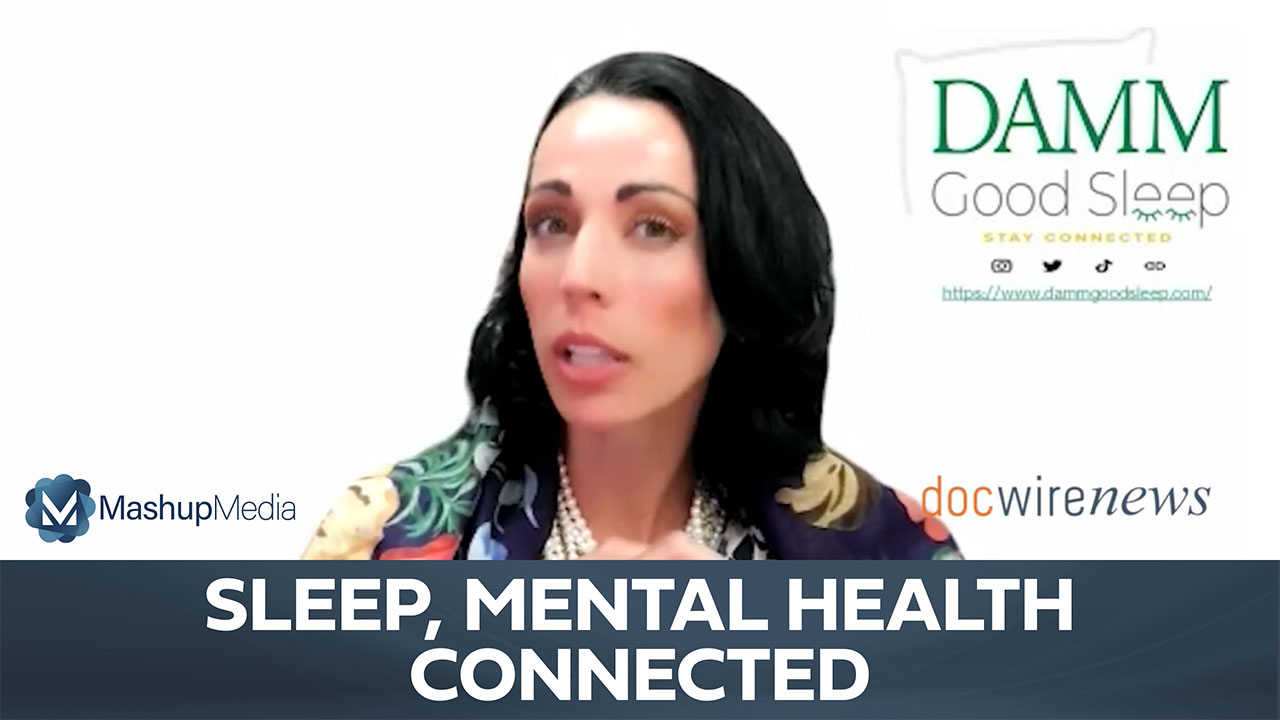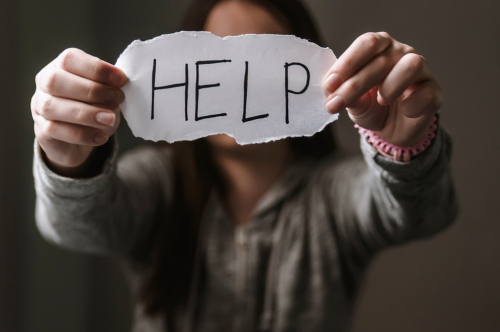
A team of researchers were able to show how the human brain reacts to being bored, and as a result can potentially help people cope with boredom. Their findings were published in the journal Psychophysiology.
Boredom is an aversive emotional state and people high with increased traits of boredom are less able to effectively cope with and resolve boredom than people low trait boredom. The authors wrote that “rait boredom is characterized by proneness and susceptibility, which are associated with avoidance and approach behavioral dispositions, respectively. Baseline frontal EEG asymmetry (FEA) has been treated as a trait level neural correlate of approach and avoidance motivational styles. Online processes by which people effectively cope with and resolve state boredom may involve an approach motivation to create stimulation. Evidence indicates that FEA reflects an active approach or avoidance motivation.”
To conduct this study, researchers enlisted 54 young adults who completed trait boredom scales, an electroencephalogram (EEG) at baseline, and a boring task. The survey comprised a series of questions about boredom and gauged how each participant reacted to it. Following which, researchers measured the brain waves of each participant with their eyes both opened and closed to obtain a baseline reading or boredom. The study subjects sat in front of a computer displaying eight pegs on the screen and were prompted to click on the peg that got highlighted. Subsequently, each click turned the peg a quarter turn. Overall, the experiment consisted of 320 quarter turns, and was conducted over approximately 10 minutes.
Looking at how the brain reacts to boredom could help people cope
Among their findings, those who experience boredom more often tend to have more anxiety and are more prone to depression. #psychology #boredomhttps://t.co/lJ7Ci6yIgO
— Neuroscience News (@NeuroscienceNew) July 8, 2019
How do People Cope with Boredom?
In baseline testing, the researchers found no discernible difference between people reacted with more brain activity when juxtaposed to right brain activity. However, patients who answered the survey questions saying that they’re more prone to experience boredom in their daily life had significantly more right frontal brain activity as they got more bored performing the activity. “We found that the people who are good at coping with boredom in everyday life, based on the surveys, shifted more toward the left,” said Sammy Perone, Washington State University assistant professor in the Department of Human Development in a press release about the study. “Those that don’t cope as well in everyday life shifted more right.”
“The results of this paper show that reacting more positively to boredom is possible,” Perone continued “Now we want to find out the best tools we can give people to cope positively with being bored. So, we’ll still do the peg activity, but we’ll give them something to think about while they’re doing it.
“It’s really important to have a connection between the lab and the real world. If we can help people cope with boredom better, that can have a real, positive mental health impact.”
Looking at how the brain reacts to boredom could help people cope https://t.co/J3LZf5Zcdo pic.twitter.com/C9EoYB1acW
— Bioengineer.org (@bioengineerorg) July 9, 2019
Looking at how the brain reacts to boredom could help people cope https://t.co/UlC5l0S51e
— Crwe World (@CrweWorld) July 9, 2019
Source: Psychophysiology, EurekAlert
Image Courtesy Washington State University







 © 2025 Mashup Media, LLC, a Formedics Property. All Rights Reserved.
© 2025 Mashup Media, LLC, a Formedics Property. All Rights Reserved.